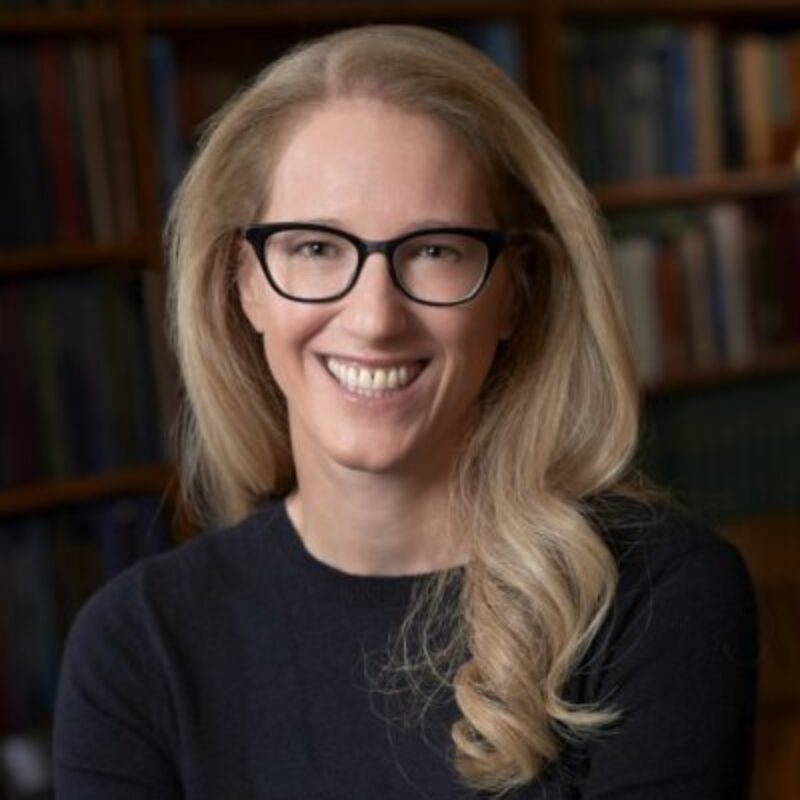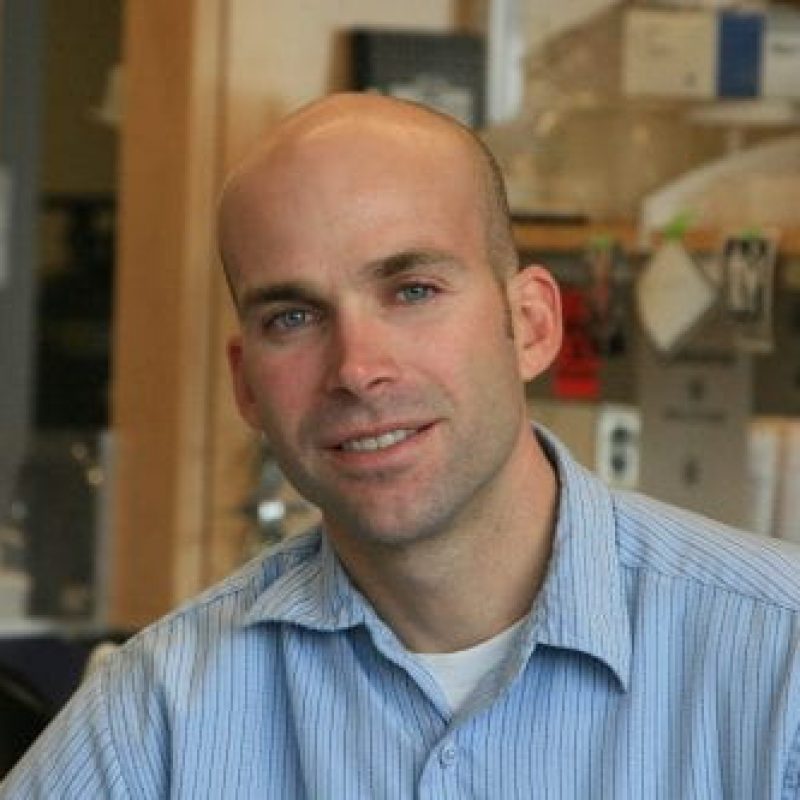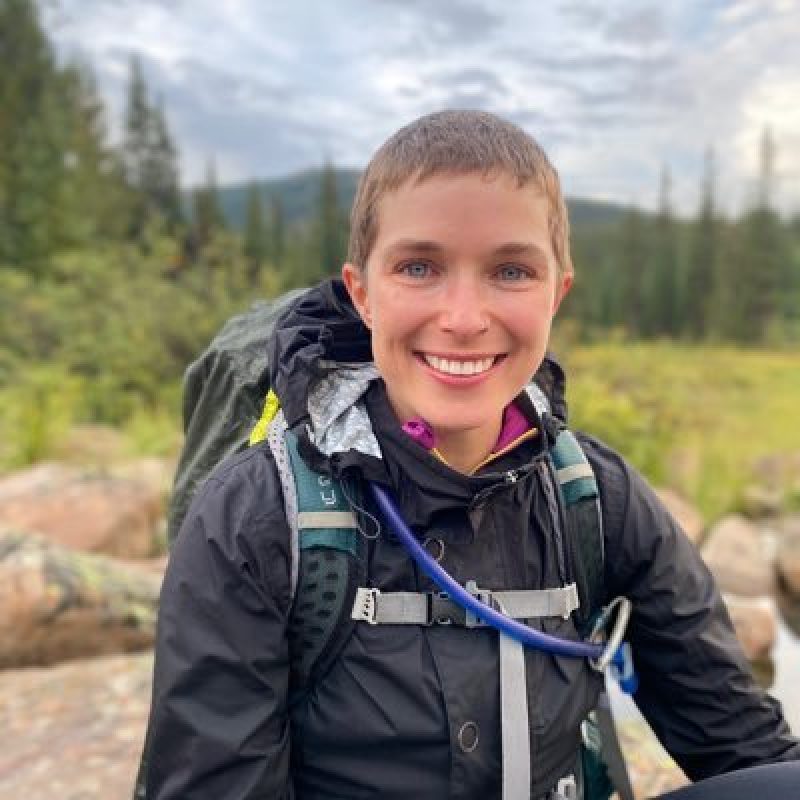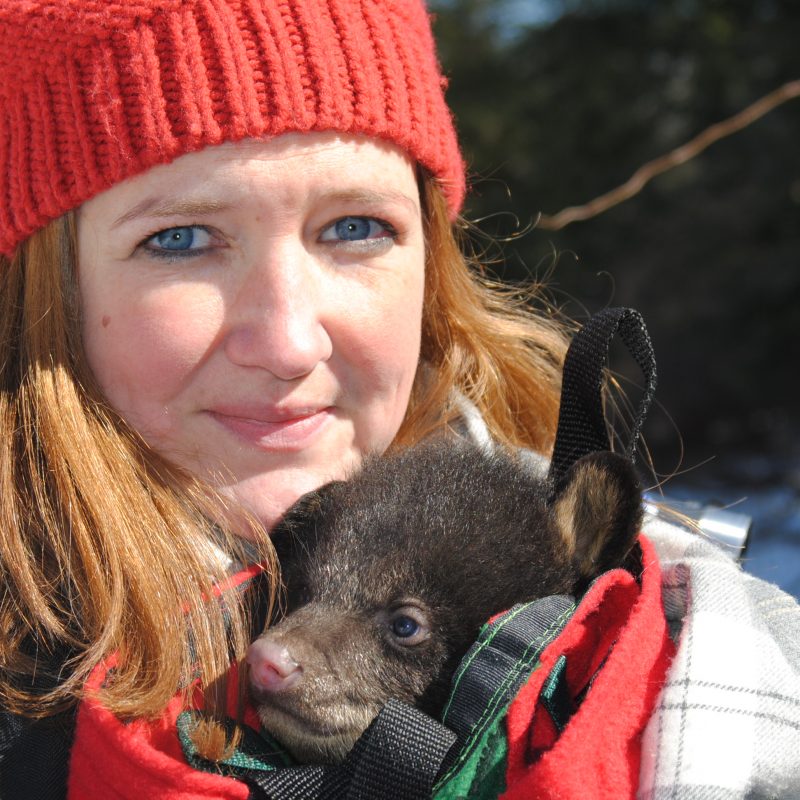Roles:
Faculty, Potential Postdoc Mentor, Potential Undergraduate Mentor
Research Areas:
Animal Hosts, Bacteria, Disease Ecology and Evolution, Genetics, Genomics and Cell Biology of Infection, Veterinary/Clinical Research, Viruses
The unifying themes of my ongoing research program are seeking to understand the underlying mechanisms that control the pathogenesis and disease associated with bacterial infections, as well as developing control strategies for the bacteria or its associated disease. The main focus for the past years as an independent scientist was on the Salmonella A2B5 toxins: biology, pathogenesis, and neutralization. Built on this successful and productive experience in the field of host-pathogen interactions, my research program is expanding based on the current public health demand with an emphasis on advancing our understanding that would help tackle public health threats associated with drug-resistance and drug-tolerance of bacteria. My group has a track record of properly using approaches integrating bacterial genetics, biochemistry, glycobiology, cell biology, immunology, structural biology, and animal models to decipher the interactions between the host and bacterial pathogens. My research expertise is in glycoconjugates in the host-microbe interactions, bacterial AB toxins, bacterial adaptation to the host and host cells, bacterial virulence & persistence, antimicrobial resistance, vaccines & monoclonal antibodies.
Read more about Jeongmin Song










